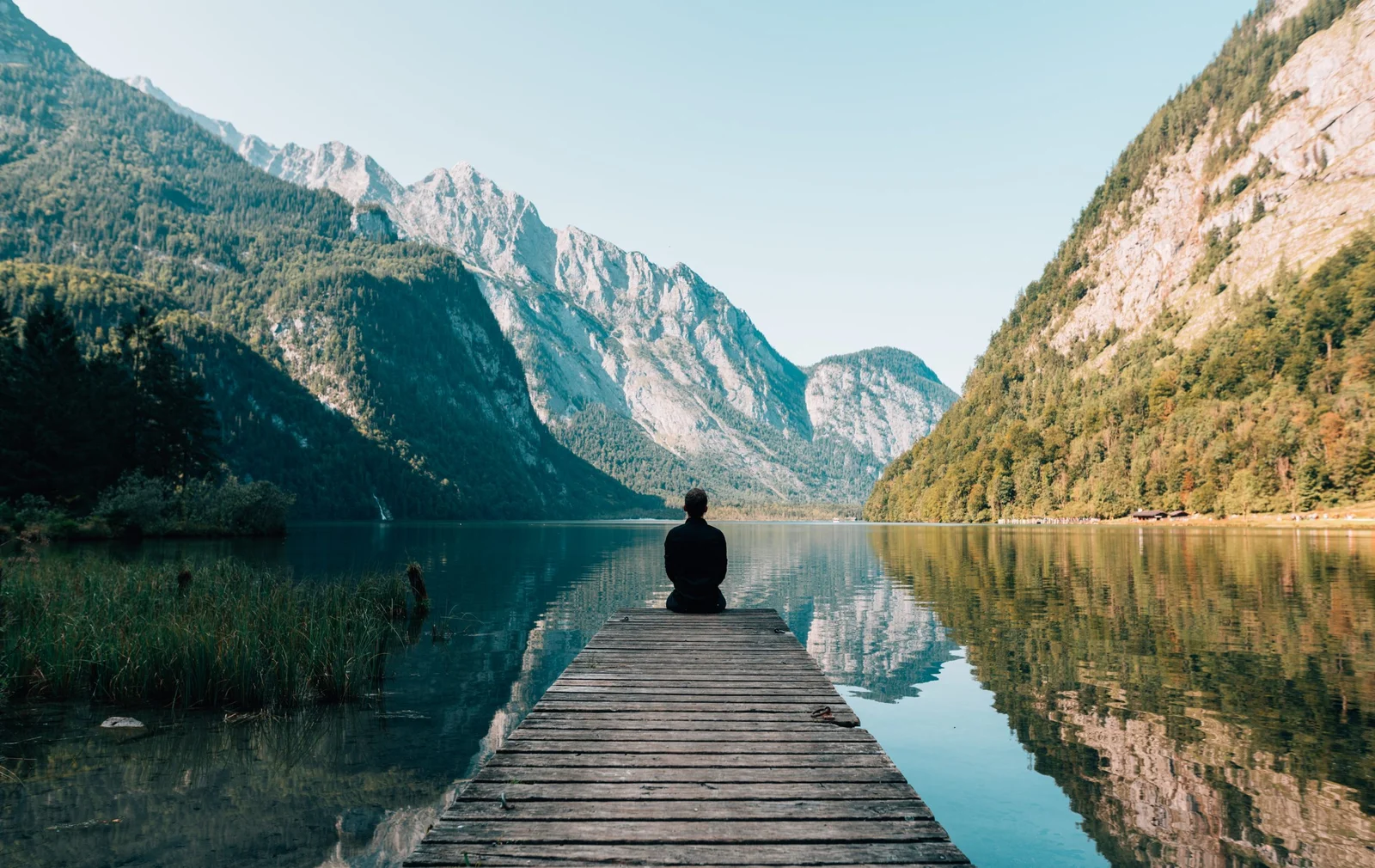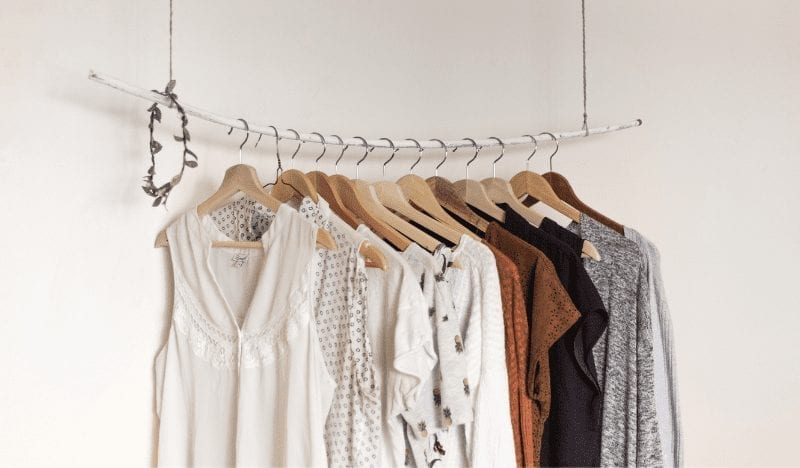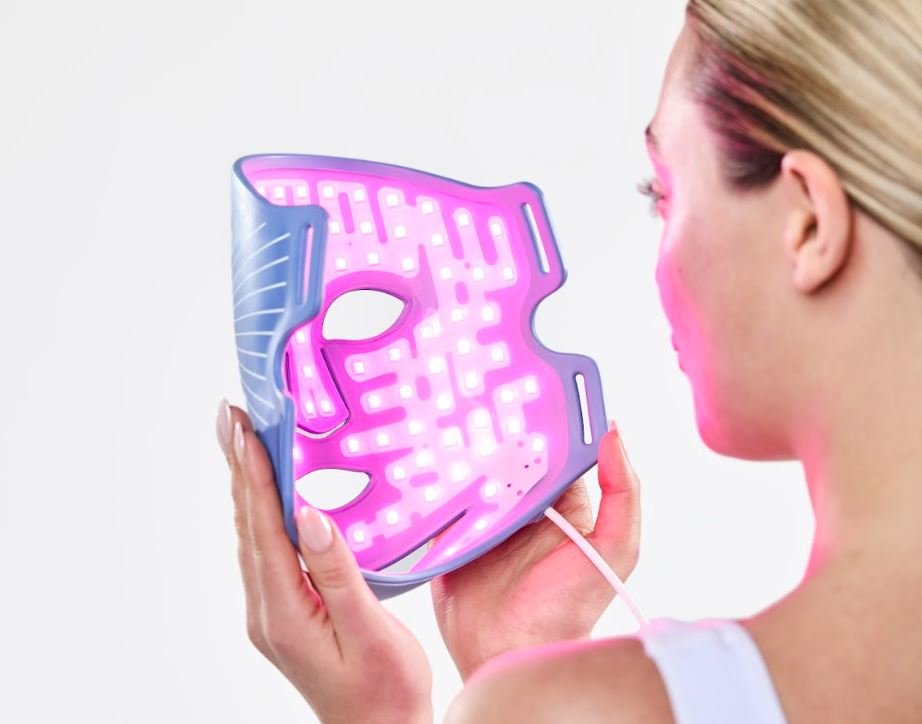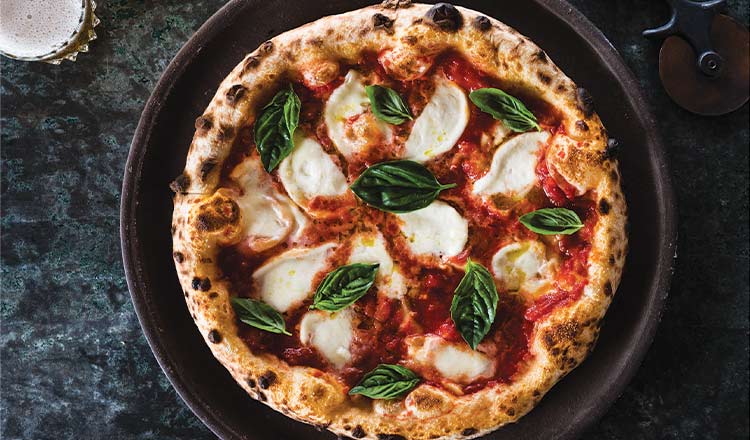For the vast majority of us, we have never been through such as the current pandemic that has hit our world. The last major pandemic was in 1918 when the Spanish Flu confirmed cases were estimated at 500 million and the number of deaths up to 50 million.
Reactions and Emotions
Having observed so many different people reacting in so many different ways, it really got me thinking about the mental stability of people at this moment in time.
So, whatever you are feeling right now whether it’s worry, frustration, anger, fear, overwhelm etc, it is perfectly OK! Our feelings are our feelings and it’s healthy to acknowledge and process those feelings. In fact, it is more dangerous for us to ignore and pretend we are not feeling any negative feelings.
I remember right at the beginning of this pandemic, people raiding shelves of toilet paper. Many people were saying, “Why? Why toilet paper?” I have my own theories on that if you look at the psychology of this.
When you think about the rush on toilet paper, psychologically we see toilet paper as a basic need, as in the very first need in Maslow’s Hierarchy of Needs. We see it as dirty business, cleaning up the waste coming from our bodies. If we don’t feel we can control this dirty, deadly virus then at least we can control something and that’s where the toilet paper came in. On another level, we are in the shite, at least I can do something about my own shite. I now feel I have some control!
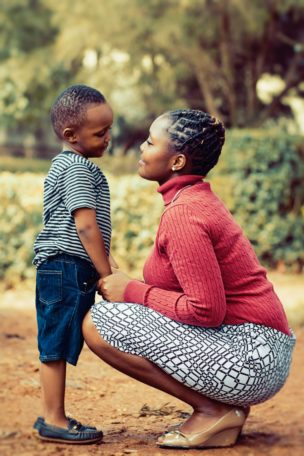
The section of the brain involved with learning about fear, danger and safety is the amygdala. This is where, as a child we learn when we use the fight or flight response, where the dangers are, where the safety is and where our fears begin. This is normal for us and anxiety is also a normal emotion for us to have. It’s good that we have the fight or flight responses. We can quickly get out the road of an oncoming car etc.
Fear and Anxiety… what’s it all about?
However, when we have excessive and persistent fears and we then extend that to avoidance, that’s when anxiety can build up.
The World Mental Health Survey finds that on average 25% of us actually suffer from an anxiety disorder at some point in our lives. That actually means that one in four people in the world’s population has a diagnosable anxiety disorder. Right now, I believe that number has probably spiked massively.
Anxiety is caused when we focus on something not wanted and the momentum builds into catastrophic thoughts. At times like these it can actually take control of us rather than we controlling the anxiety. This is why I thought I would reach out with a helping hand.
Anxiety is the tap that is left unattended, filling up our bathtub. Sometimes the pressure is so great the water overflows. We need to learn to fully attend to and control that tap and even learn to switch it off. The question is, are you in control of that tap right now? Is your bathtub filling up? Have you learned to fully attend to the tap and even turn that tap off? So, if you answered no to any of these, then what is to come will help you.
Khalil Gibran, the Lebanese/American writer and artist, says… “Our anxiety does not come from thinking about the future, but from wanting to control it.” In these uncertain times our anxiety goes up when we think that we cannot control. And to a certain point, you’re absolutely right. We cannot control outside forces. We cannot control what is happening right now with the COVID-19 virus, but what we can control is the spread of that virus and our reaction to everything.
I see this happening constantly, when people are so busy complaining about the behaviour of others. You cannot control others behaviour, so there is no point in becoming even more anxious about something or someone you cannot control. The ONLY thing you can control is your reactions, so be mindful of your own behaviours and live the example you want to see in others. That’s what you can control. This is what I teach, it’s all about LeadingME.
I had a client who had generalised anxiety, reliant on medication. He found that when things got on top of him in the business and life, that he would become more anxious and overwhelmed. We looked at what he was reacting to and how he was reacting to it. We looked at what he could control and what he couldn’t. You can write a list for yourself on both of these points.
Then we focused on a few of the tools that I share with my clients. Not only did he reduce his anxiety levels, but he also reduced his need for medication. So, it can be done, but you must be willing to let go and willing to build some new habits.
Are you willing to build some new and absolutely free habits now?
The 8 Keys To Keeping Calm
So, let me share with you the eight easy and free keys to keeping calm during this uncertain time and whenever you feel stress or anxiety building. We are creatures of habit so let’s build a new positive habit by selecting some or all of these keys to focus on. They are in no specific order, just do what you need to do for you!
1# Set up your own Boundaries – Reduce or cut out watching news or reading about COVID-19
We really don’t need hours of viewing news. Know where your source of information and news is coming from Is it true or false? We only need information on the best ways to take full control of our own environments, we need to do to be fully in control of what we are being asked to do by our medical advisors and experts to prevent the spread of this easily transmitted virus. We really don’t need constantly fed info. Once or twice a day from a reliable, trusted source.
Stop clicking every post in social media. The algorithms will only keep giving you more to consume. Social media is a good place if you use it wisely. You liking and sharing more of the same things that are consuming you and making you more anxious will only add to your anxiety. Sharing positive, funnies or uplifting posts can help feed you with more of the good stuff. Taking breaks from social media can also be of benefit.

2# Go out into the fresh
Nature is absolutely wonderful for us, it’s been shown in many studies that body chemistry is changed for the good when we walk in nature. Remember to follow the guidelines on social distancing. A few people mentioned that they’ve noticed a difference when they’ve been out and about. People have been very attentive of other people around them instead of rushing around and not even noticing someone is even there. There are great things to come from this experience. The smiles that people are now giving, rather than just passing by. We are all in this together, most of us are becoming more mindful by default, which is not a bad thing.
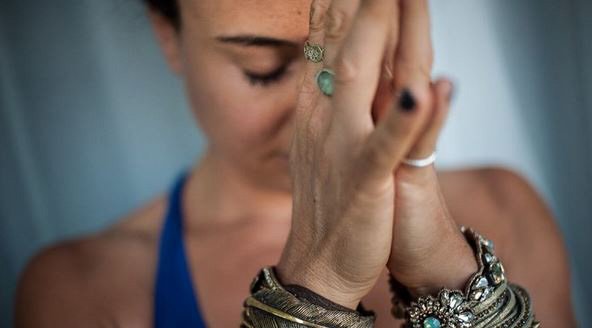
3# Mindful Meditation has been found to be great for reducing depression stress and anxiety. In one study by Zeidan et al in the Social Cognitive and Affective Neuroscience, Volume 9, Issue 6, June 2014 , it was found that twenty minutes of mindfulness meditation significantly reduced the state of anxiety in each session that meditation was
Earlier, I mentioned anxiety is caused when we focus on something not wanted and the momentum builds into catastrophic thoughts. So, with meditation we actually calm the mind. We take things from the mind, we empty the mind that way we actually stop momentum.
Meditation and sleep are the only things that stop momentum. The only thing about sleep is, we usually wake up in the morning and we start the same old thought processes over again. Getting into a gratitude mindset or an appreciation mindset first thing in the morning helps us start our day even better (check out key # 7). Google or check though YouTube to find Mindful Meditations to help you start.
4# Physical exercise
This is great for us because it produces endorphins in our body. The wonderful thing about that is it makes us feel so good. It allows us to keep our physical body moving around so we can combine nature with physical exercise by going for a walk. Also, just doing some quick simple stretching in the morning will also do us a power of good, allowing our organs and muscles to benefit. The wonderful thing about self-isolation is that many people who don’t usually take exercise are now moving more, which is so much more beneficial for us.

5# Food and
The other thing to consider is what we are drinking. Drinking lots of water, as our bodies are 60 to 70%, water, means we’re topping up constantly and making our organs work so much better and easier. Along with that is how much alcohol we are taking in. Make sure that you are limiting your alcohol intake as it is so easy to just keep drinking alcohol for something to do at home. The issue here is alcohol is a known depressant and we really don’t want to exacerbate any mental health issues that are there or that is possibly building at the moment.
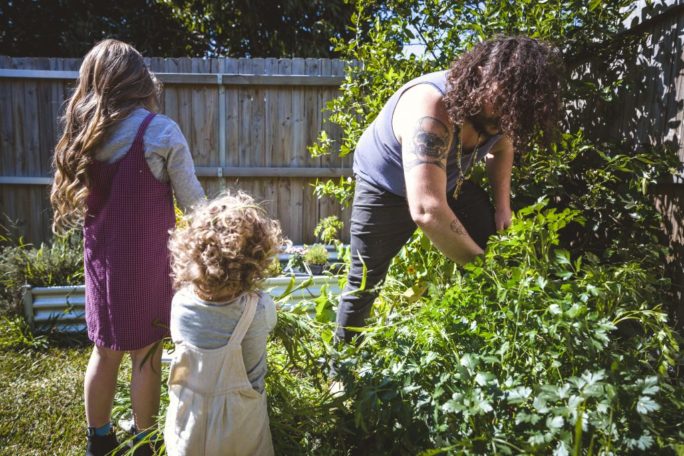
6# Earthing (also
The wonderful thing about earthing is it’s free and it’s easy. There’s lots of research out there that shows how good earthing really is for us. The reconnection with the Earth’s electrons has been found to be extremely good for our physiological wellbeing. This really should not be surprising to us as we as humans are full of electricity and we wouldn’t expect an electrician to leave our lights and sockets unearthed now, would we?
In a study by Chevalier et al. in 2012 published in the Environmental and Public Health journal, the conclusions were that; ‘earthing or grounding, may be a simple, natural and yet profoundly effective environmental strategy against chronic stress, ANS dysfunction, inflammation, pain, poor sleep, disturbance and many other health disorders including cardiovascular disease.’ So, if you can get out there and actually get your feet on the grass or even sitting there, it could be a really good thing for you on a daily basis. Free and very easy.
7# Appreciation & Gratitude.
A 2003 study published in the Journal of Personality and Social Psychology found that gratitude and positive emotions in a crisis contributed to resilience following the terrorist attacks on September 11.
I prefer to use the word appreciation as it has less of a negative connotation although both are great. Let me explain.
When we are being grateful it usually comes from a place of ‘not having or lacking at some point in my own life, or in others’ lives’… “I’m so grateful to have a roof over my head” or I’m so grateful I get to do or see this.” Whereas when I use the word appreciation I just am in appreciation… “I so appreciate this home we have” or “I appreciate doing or seeing this.” See what I mean, I just am in appreciation no sense of someone’s lack or negativity attached.
So, whether it’s appreciation or gratitude daily journaling, or speaking, it’s really beneficial for us and it’s free!

8# Attend to our thoughts because this can make a world of a difference in your life. We can be very sloppy at thinking and that causes the negative
There is a Navajo Indian saying that goes, “Be careful of the words you use as it creates the world around you.” So just like the tap and the bath tub, we need to learn to turn that tap down, to turn those thoughts down. To even switch those thoughts off. And if that means through meditation or sleep, then that is the best way for us to go.
I mentioned earlier that I used tools to help my client reduce his anxiety.
One of those tools is called the 4R’s Release Model I’ll share this with you here as a free webinar called ‘Silencing Your Inner Critic’ and you can learn how to deploy the 4R’s release model® and have a tool that you can turn to, to help you switch that voice off. This is not just a tool for now but a tool you can use for the rest of your life… just pull it out of your tool back whenever you need it. My gift to you!
This is now
The Carousel would like to thank Mags Bell for her article.


